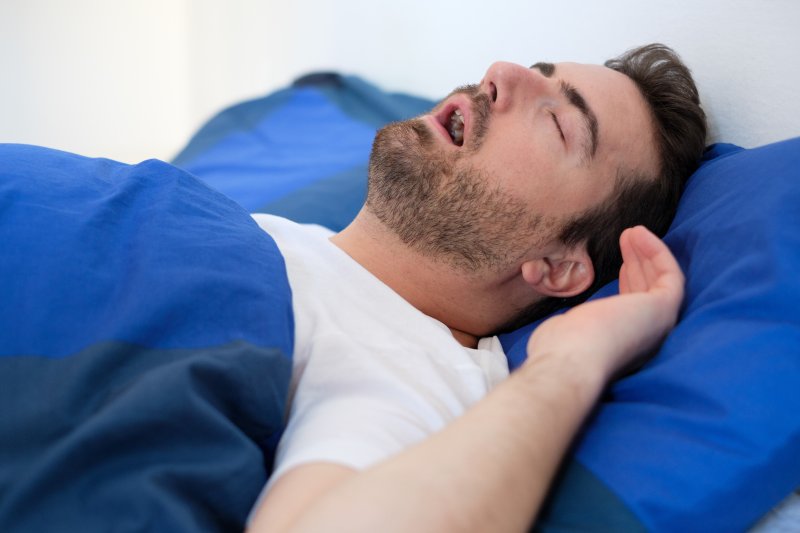
A good night’s rest is essential to daily function, but for those with sleep apnea, it can be much easier said than done. It can be tempting to use whatever means necessary to provide relief from the condition, but studies have shown that the use of sleeping pills can actually make things worse.
If you’re looking for treatment for your sleep apnea and want to know why sleeping pills aren’t a safe bet, continue reading.
What Is Sleep Apnea?
There are three primary types of sleep apnea, the most common being OSA, or obstructive sleep apnea. Sleep apnea is a disorder characterized by interruptions in a person’s breathing during sleep. These interruptions are usually caused by a temporary collapse or obstruction of the upper airway. This obstruction causes reduced airflow or complete pauses in breathing.
OSA occurs when the muscles at the back of the throat relax excessively, leading to the partial or complete closure of the airway. This causes brief awakenings throughout the night as the brain signals the body to resume normal breathing.
How Do Sleeping Pills Work?
There are both over-the-counter and prescription sleep aid medications available. Each works a bit differently, but they both block receptors in the brain responsible for activating wakefulness.
Depending on the type of medicine used, the pill can work on multiple parts of the brain and cause other effects. For instance, a popular medication for sleep is called benzodiazepine.
This drug not only works on the parts of the brain that cause wakefulness but also on sectors that control muscles and memory function.
Why Do Sleeping Pills Make Sleep Apnea Worse?
Because of the aforementioned effects on muscles, sleeping pills—especially those that have benzodiazepine—can cause the muscles in the back of the throat to relax, worsening symptoms already associated with sleep apnea.
In fact, one study conducted by professors at the University of Pittsburgh concluded that the use of benzodiazepine sleep aids caused an increased number of sleep apnea episodes and the duration of each.
What Should I Be Doing for My Sleep Apnea?
There are several treatment options available for sleep apnea:
- Positional Therapy – Some people usually experience sleep apnea when sleeping on their back. Changing sleep positions may help in such cases.
- Oral Appliances – Dental devices can be prescribed by a dentist to reposition the jaw and tongue to keep the airway open. They are often used for mild to moderate OSA.
- CPAP Therapy – CPAP is one of the most effective treatments for moderate to severe OSA. It involves wearing a mask over the nose or both the nose and mouth during sleep.
The CPAP machine delivers a continuous stream of air pressure that keeps the airway open, preventing pauses in breathing.
These are some of the best and most common treatments for OSA. Sleeping pills may be tempting, especially if you feel like you’re not getting enough sleep night after night. However, it’s important to see your dentist and get their opinion. They may be able to set you up with a treatment option that’s right for you without the risk of additional episodes or memory loss.
About the Practice
21st Century Dental has been serving the dental needs of the city of Irving since 1985. Their expert team of professional dentists follows one principle: their patients deserve the best. This is why 21st Century Dental offers a wide variety of services including sleep apnea treatments. To schedule a sleep test at 21st Century Dental, call (972) 255-3712 or visit the website to learn more.

